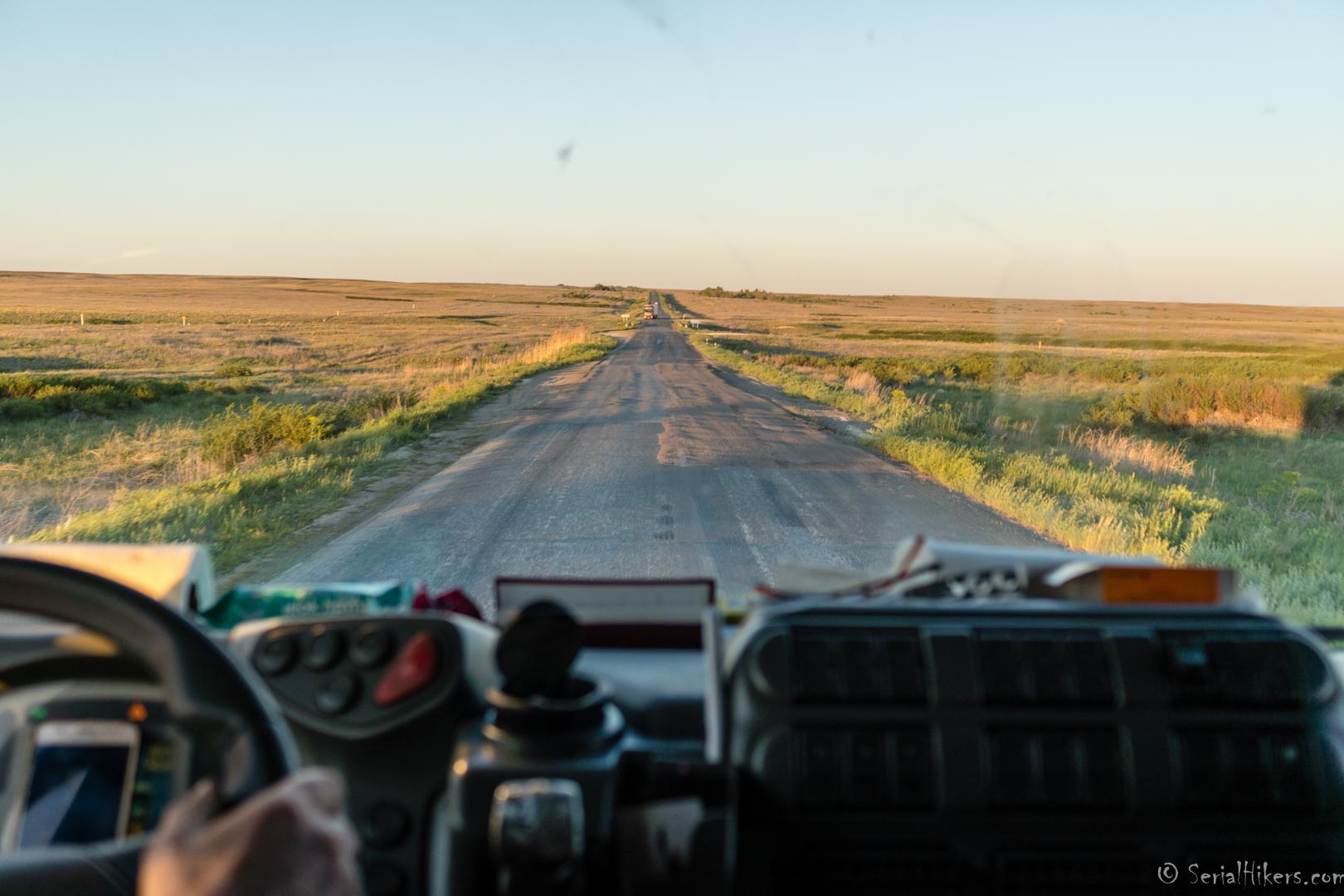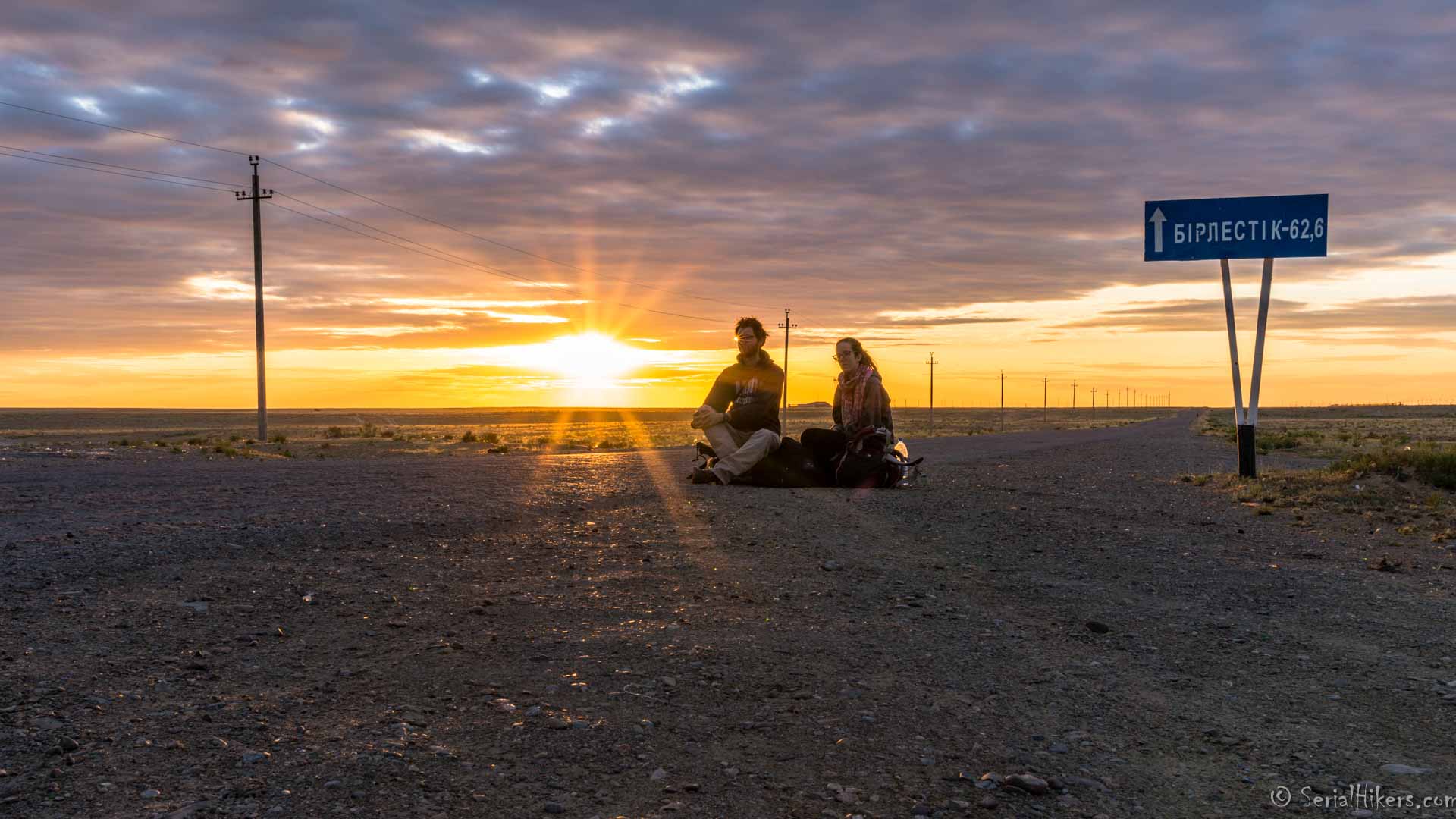Alternative travel: you see this term everywhere on our blog and that’s how we define our trip. Yet, the term is vague, subjective, and very catchy! What do we mean by traveling “alternately”? What are the main characteristics of this type of travel? And why differentiate it from a “classic” trip?
Define the term: Alternative Travel
Let’s start at the beginning: for us, an alternative travel is a different way of traveling where we use unconventional means to move, to accommodate, to feed, to visit, etc. Two french speakers travelers also defined it by these words:
An alternative travel is what we have to learn from traveling when we know how to use public transport, sleep in hotel rooms and eat at the restaurant. This is what you discover when you stop using a regional travel guide. These are the alternatives to the tourism industry to satisfy our main and essential needs while traveling.
Annick-Marie from “Globestoppeuse”
An alternative travel is a return to simplicity, authenticity, adventure and self-discovery. The superficial aspect of the mass effect of a tourism industry is being abandoned in favor of a more responsible, more economical and more authentic trip.
Emmanuelle from “Pouce ton Sac”
And since there is not one type of traveler on the roads, you can imagine that there is no one way to make an alternative travel!…
Our vision of an alternative travel
In our vision of an alternative travel, we have identified four characteristics that make our way of traveling less conventional. We can say that it’s:
Say like that, it looks nice… But in reality, how does our definition apply?
Traveling without flight
We only travel on foot and by hitchhiking – using public transport as a last resort, mainly in big cities when we have no choice. By traveling like this, we want to minimize our carbon footprint. Of course, on foot and by hitchhiking, we also reduce transportation costs – and we travel more slowly, making more encounters!
Unlike a classic trip, where you run after your plane, train, bus or taxi; we enjoy every moment spent on the road and especially the diversity of landscapes that we would not see by plane!

More about the ways of travelling without a flight
Couchsurfing and wild camping
We also favor being hosted or wild camping experiences to the fullest. The reason not to go to hotels is not just economic; it’s also motivated by cultural exchange and ecology!
When we spend a night in a hotel room, our carbon footprint is higher: pollution related to heating / air conditioning individual, cleaning sheets and towels between each customer, daily household chemicals used to fully clean a room, waste single-use products that are rarely used (soaps, etc.)…
Local and seasonal products
To feed ourselves, we made the choice to buy exclusively local and seasonal products in local markets or small grocery stores, and to cook them at our guests’ house. When we don’t have a kitchen available (or when we are too lazy), we buy street food from local sellers. Buying local and seasonal products is an ecological and economical gesture, and it’s supporting the work of local producers!
We avoid as much as possible supermarkets, which do not benefit to anyone: neither the producers, who are being abused by all the intermediaries, nor the consumers who pay for products of poor quality and over-packaged. Moreover, we always do our shopping with reusable bags, to avoid over consumption of plastic!
Dumpster diving
In Europe, it happened to us sometimes to recover unsold goods from bakeries at closing time or boxes of “damaged” vegetables left next to market stalls. This is called dumpster diving, and some travelers only feed themselves like that!
Taking our time
It’s obvious that traveling on foot or by hitchhiking takes a lot of time… Just like investing in cultural exchanges and daily encounters! Traveling slowly, unplanned and without a travel guide, we feel to discover and learn much more about the countries crossed through their inhabitants and their tips, to enjoy the feeling of freedom that it provides, and not to suffer the inconvenience of a jet lag and / or cultural shock too brutal!
A classic trip is often planned because limited in time (from a few days to a few weeks). This leaves little room for unforeseen events – whether pleasant (meetings, events, etc.) or unpleasant (adverse weather, late transport, illness etc)

More about the Slow travel practice
When we think about it, we quickly realize that all these characteristics are linked together: taking our time, we are heading towards a more ecological and economic mode of travel, and we could more easily meet locals… Or is it because of the countless beautiful encounters made on the road that we became slower, more economical and more ecological in our way of traveling?
| More economical | More ecological | |
| Closer to local people | Slower |
You have now understood that an alternative travel is indeed different from a “classic” trip, with its notion of minimalism and simplicity: no imperatives to respect, no itinerary all drawn, no imposed limits. With the alternative travel, we become the own actors of our trip: we are writing the main lines!
* Post written according to our personal experience *
Have a good journey guest…
Hi Michele! Thank you very much for your good wish.
Stay safe and all the best for the future!
Margaux and Julien